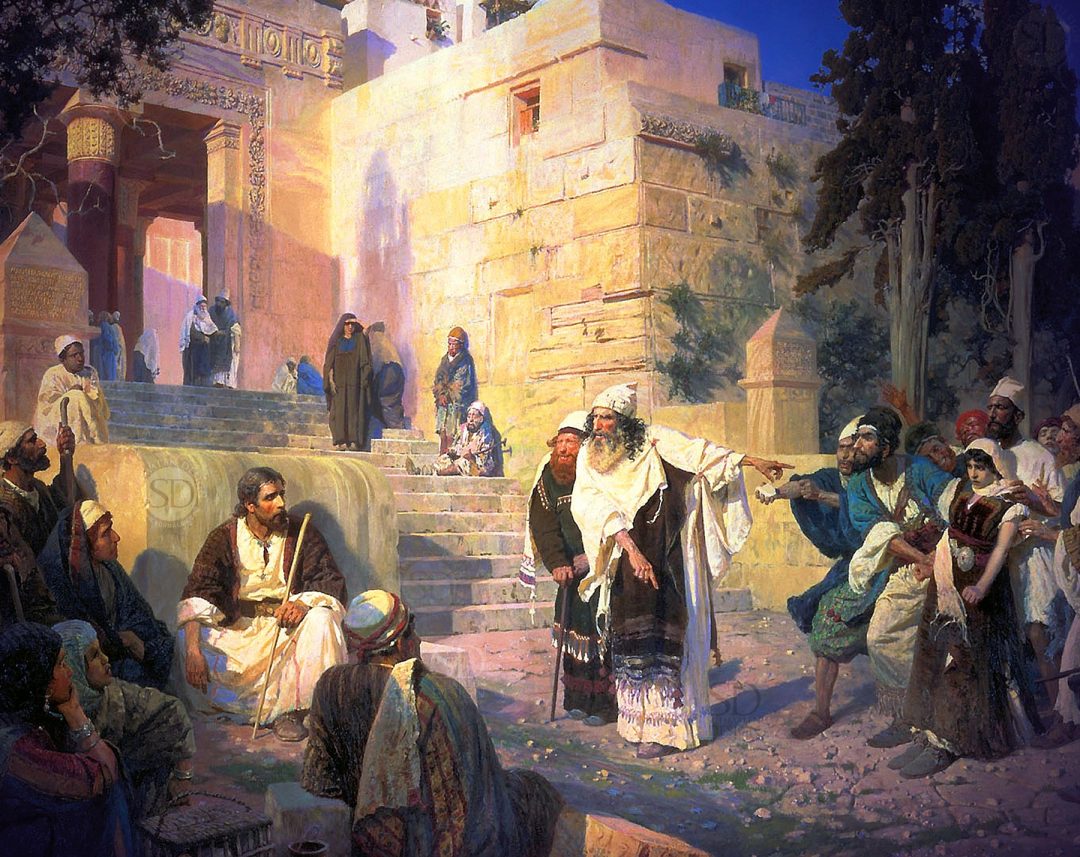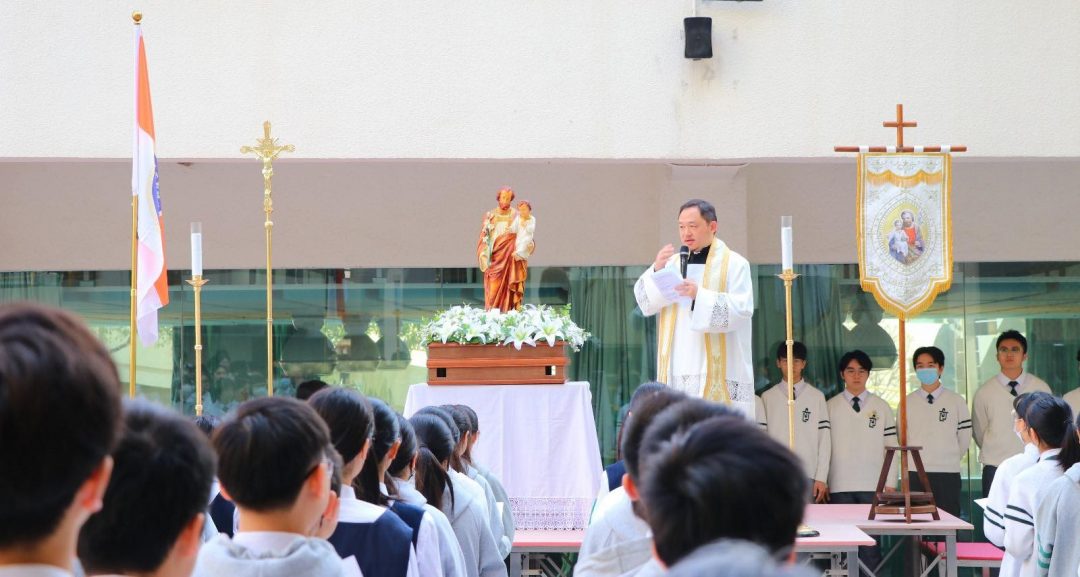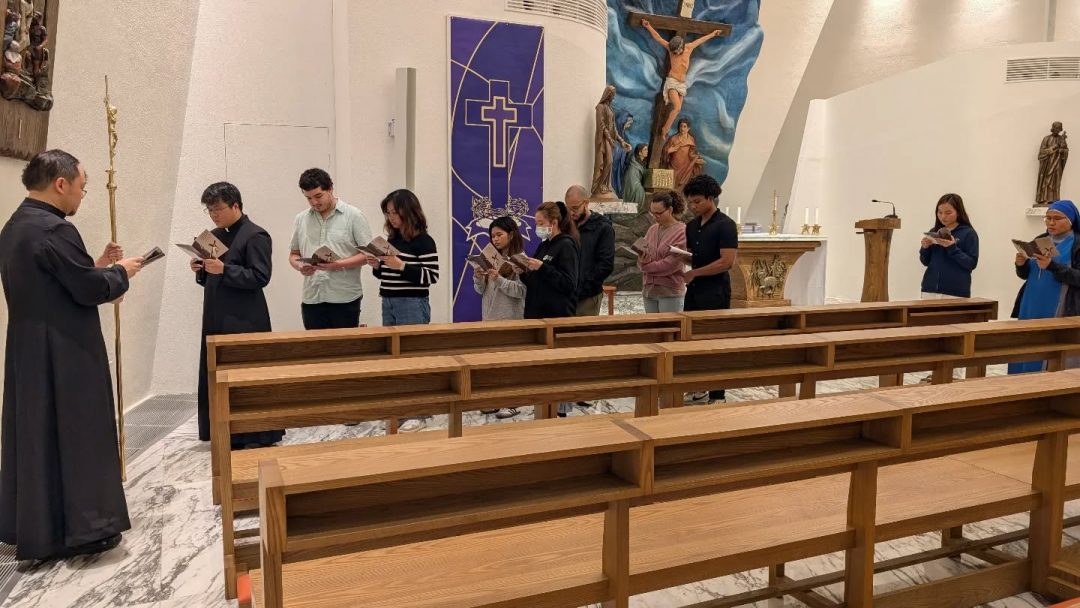– Aurelio Porfiri
The topic of China and religion has been very much in the news in recent months, also thanks to the developments in relations between the same China and the Holy See. There are many voices commenting on that provisional agreement, in favor or against.
Looking at the issue on a more general way, we need to recognize that there are several scholars that have devoted their attention to look at the “religious phenomenon” in mainland China. We might regard the country as being completely materialistic and certainly there is a strong materialistic component. But it would be wrong to think of the country only in this way. Indeed, the Chinese people have shown a strong religious dimension throughout their troubled history. For those who want to explore this religious dimension in China, there is a book not to be missed: The Souls of China. The Return of Religion After Mao (2017 Vintage Books). The author of the book is Ian Johnson, a Pulitzer Prize winning author for his investigative journalism. So from these premises you can be sure that the book is not only interesting for its content, but also makes for good reading because of the engaging writing of the writer. The book puts religion, in a quite broad sense, in the spotlight. So we can see Buddhism, Protestantism, Taoism and their challenges. What I think is the most significant claim in the book of Ian Johnson is that, despite the difficulties, Chinese people have a strong religious spirit and this spirit is not doomed even amidst strong restrictions regarding their faith. The book was well received by the press.
The Guardian remarks that it is “full of moving encounters with Chinese citizens … Johnson succeeds in having produced a nuanced group portrait of Chinese citizens striving for non-material answers in an era of frenetic materialism.” The Christian Science Monitor so affirms: “A deeply knowledgeable, eminently readable and important book that reveals a side of China that foreigners rarely explore.”
In an article for the New York Times (September 2018) Ian Johnson has affirmed: “With many Chinese searching for values and traditions amid a sometimes confusing and chaotic period of economic change, Mr Xi has encouraged the growth of some religions, such as Buddhism and Taoism, even as he has taken steps to ensure that they toe the party line.” A complex situation, as we all know very well and also for this reason Johnson’s book needs to be carefully considered as an important resource for a bigger understanding of the relationship between China and the religious phenomenon.
Why you were compelled to write a book like this?
I’ve always been interested in religious questions – what people believe in, what motivates them, what their spiritual direction is. Perhaps this is because I grew up in a fairly religious home, where religious questions were part of our family dialogue. When I went to China for the first time in the 1980s, I was curious what people there believed. Of course I had read the Tao Te Ching, Buddhist sutras, and Confucius’s Analects, but wondered what was left after the turmoil of the Mao era. At first, I thought religion was dead – most churches, temples, and mosques were destroyed or closed. Then I realized I was wrong – that it was slowly returning. By the 2010s religion, faith and values, had become a central question not only in society but to the government of Xi Jinping, so I realized I must write this.
How did the book take form?
I tried to identify representative cases for the spiritual life of ethnic Chinese people. That meant making a tough decision to leave out minority groups, such as Tibetans and Uighurs, because I felt that their stories were very different from ethnic Chinese. Also, ethnic Chinese make up 91 percent of China’s population and so I felt it was enough to try to cover their faiths. The question was how: China is such a big country. So I read a lot, traveled a lot, and after many false starts began to find the five case studies that make up this book.
You talk about religions in China in your book. What is your definition of religion?
Good question! I try not to answer that. Sociologists debate this endlessly. I would say I have a broad definition. It is not just an organized faith like Catholicism or Islam, but can include rituals and beliefs that people practice on their own that give their life a deeper meaning. Today, in many parts of the world, this is how faith is expressed: personally and privately, as opposed to communally as in the past, especially when most of us lived in villages. So I tried to have an open definition.
You mention the destruction of religious buildings in China in the last century. Can you expand on that?
China began to attack religion in the late 19th century as part of a general self-doubt about its traditions and culture. Faith practices began to be defined as illegitimate or legitimate based on the imported western paradigm of “superstition” versus “religion,” terms that originated in the Reformation as a way initially to discredit Catholicism and later used in other parts of the world to attack indigenous faiths. Chinese elites began to define most of their practices as superstitious. A huge wave of auto-cultural genocide ensued. By 1950 half the temples in China had been destroyed. The Cultural Revolution from 1966-1976 was the culmination, when all places of worship were closed.
You have said that there is a religious awakening in China after the Mao era. Don’t you feel that Maoism was a sort of religion?
Maoism was an ersatz religion for a government that had destroyed its cultural heritage and was looking for new ways to satisfy people’s hunger for belief. Of course, it died when he died…..
What, in your opinion, is the most significant story in your book?
My preference is for the Beijing pilgrimage associations, which are working-class people who organize one of the most boisterous, hard-drinking, hard-smoking pilgrimages I’ve ever attended – to Mt. Miaofeng in Beijing’s western suburbs. It’s certainly the most fun story in the book.
You also visited underground churches. What you can say about this experience?
Most underground churches are underground in name only. They are often big with hundreds of members and I guess about 99 percent are well-known to authorities. So essentially they are not underground but are simply not registered with the government because they reject government control over religion. But for various reasons the government tolerates them, largely because most are apolitical.
Do you have any idea about the reception of your book in Mainland China?
A Chinese-language edition is coming out in February in Taiwan by Gusa Publishing. It can’t be published in China because too much of it is sensitive – the entire section on the underground church in Chengdu, for example, or the section on government policy would have to go. That would be 40 percent of the book right there. It’s a pity because when I’ve given talks abroad, Chinese diplomats have come up to me and said that they liked it because I show there’s a vibrant religious life in China, which is counterintuitive to how most people see China – many people still think it’s run by a godless Communist Party and all religion is banned. (The first part is true but the second isn’t!) So in some ways my book is favorable to how foreigners think of China, or at least challenges stereotypes, but it also frankly talks about the existence of house churches, repression, and government policy of favoring some religions over others, and that’s just not possible to discuss inside China.
After several years of researching about the topic, what have you understood about China?
What strikes me is the universality of people’s efforts, around the world, to find more meaning in their lives. I feel there’s a dissatisfaction with the hyper-materialist world we have allowed to be constructed around us–a feeling that it’s inadequate and forces too many people to lead undignified lives. This has given rise to populist political movements in many countries, but also a yearning for some sort of values. China is part of this too and maybe because of the rawness of China’s development, it’s actually at the forefront of this. At least it’s now part of a global conversation on spirituality and faith for the first time in a century, and this is something to be welcomed.


 Follow
Follow


